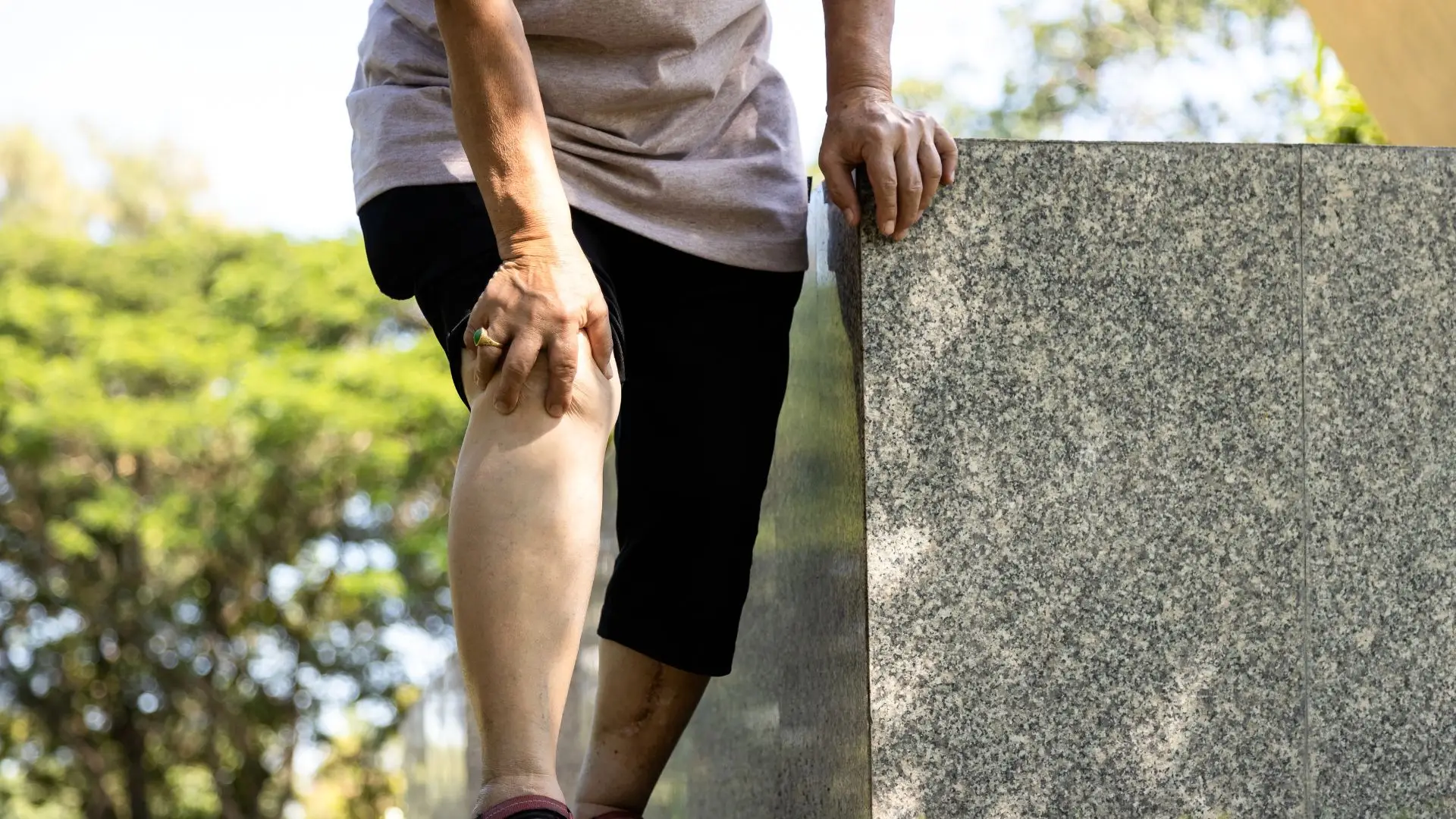Impact Of Chronic Pain
How Chronic Pain Impacts On Life
Everybody experiences pain differently, so it is logical that the impact of chronic pain will vary. The impact of chronic pain can be evident across all contexts. For example, at home, in the workplace, in relationships, wellbeing, and functioning. The impact of living with or acquiring a chronic pain condition is usually massive. There is also a wider ripple effect, whereby partners, loved ones, family members, and friends are touched by or influenced by the chronic pain condition.
Everyone’s experience of living with chronic pain, or acquiring a chronic pain condition, will be unique to them. As a professionally qualified Chartered and Registered Psychologist, I know first- hand the psychological impact of acquiring a chronic pain condition and disability. I know because it happened to me in April 2018.
You can read about My Story by clicking here
Not being able to complete basic tasks, which were previously easily accomplished, can be frustrating, debilitating, and can lead to a range of unhelpful emotions. Learning to live with or manage pain is a full-time job in itself, as well as trying to navigate all of the disjointed and often (In my opinion) dysfunctional medical departments can be hugely stressful and challenging.

Psychological Impact Of Chronic Pain
When living with chronic pain, it can be extremely frustrating that seemingly simple, straightforward tasks can be difficult or unachievable. For example, basic hygiene tasks, getting dressed, eating, walking, looking after children can all be difficult, challenging or even unattainable.
As such, the impact upon an individual’s wellbeing, identity, self-worth, and functioning can be massively challenged. Individuals living with chronic pain or who have acquired a chronic pain condition may experience a range of emotional and behavioural responses. This may include:
Anxiety, depression, fatigue
Withdrawal, disengagement, avoidance
Anger, rage, fear, and frustration
Thoughts of self-harm or suicide ideation
Fatigue, sleeplessness, lack of energy
Different areas of life may also be influenced, including work, relationships, hobbies, and lifestyle factors. Work The impact of living with a chronic pain condition in the workplace can be far-reaching.
Living in pain impacts working practices, and it may be that people have to stop or change their jobs because of their pain condition. Disability guidelines will inform best practices, although I am aware that for many people, working a typical working day is exhausting, debilitating, and triggers pain and discomfort.
Ensuring that employees have the correct equipment to accommodate their illness is encouraged by legislation and guidance, although the Pandemic has required many people to be working from home. The pandemic may have stopped a daily commute into work, although many people are now working from home, without specialist desks, chairs, or equipment to accommodate their needs.
Whenever possible, computer equipment should be supportive of pain areas, and regular breaks should be taken away from a computer screen.
The Impact On Relationships
All relationships have the potential to be impacted through the nature of chronic pain. This may hinder a person’s ability to engage in simple activities or tasks as well as significant celebrations, holidays, or activities. Friendships, intimate relationships, family dynamics, and any other relationship between people can be impacted when somebody is living with chronic pain.
Their ability to complete tasks, cope with pressure or manage multiple demands may be impacted by pain, frustration, or fatigue. Often, a chronic pain condition is all-encompassing – impacting all areas of a person’s life. The impact of pain, medication and the additional energy it can take to complete basic tasks can reduce the time considered to be available for maintaining or developing friendships.
However, new friendships can be borne from the common experience of living with or being in a close relationship with someone living with chronic pain. Time with friends who are supportive, uplifting, and inspiring can hugely lift a person’s wellbeing.

The Impact On Intimate Relationships
Living in pain can be exhausting and often affects a person’s sense of self and view of their worth, attractiveness, and interest in intimate relationships. Additionally, many medications, such as anti-depressants, morphine, and gabapentin; reduce libido.
Furthermore, when people are experiencing chronic pain, the ability to move freely may be limited, thus limiting sexual freedom from a physical perspective.
Stress typically follows pain. It really is as simple as that. As such, the aim is typically for a person living with a pain condition to reach a point of balance – between levels of activity, pain, lifestyle factors, and medication.
Equally, watching a loved one experience pain and struggle may trigger similar psychological experiences for loved ones, children, family, and friends. Being part of a supportive community; whether online or in-person, can help people learn to function in new ways and learn to adapt their behaviour to allow for the impact of their disability or illness.
Different parts of the UK and the world will have different medical and support systems available in relation to chronic pain..